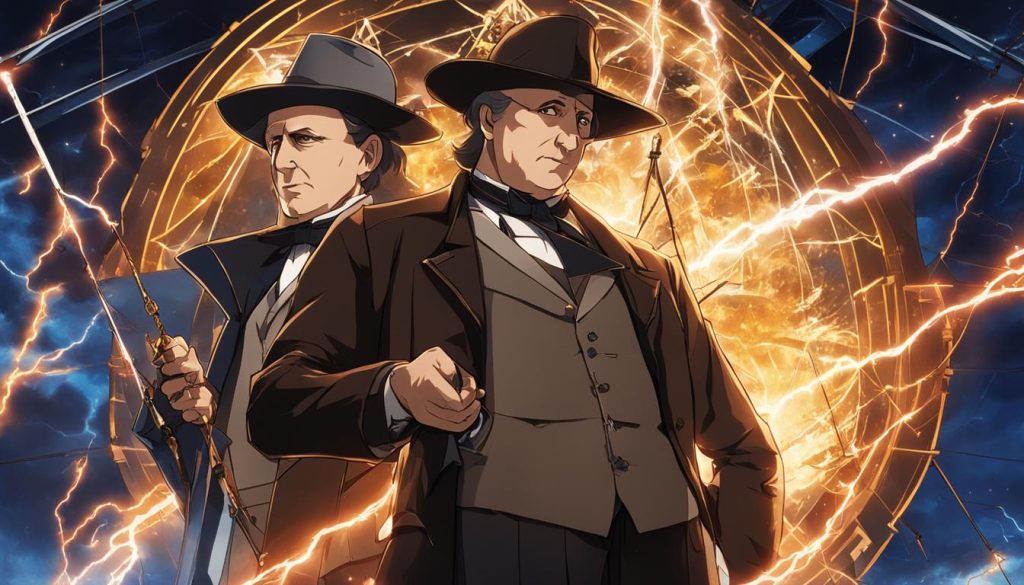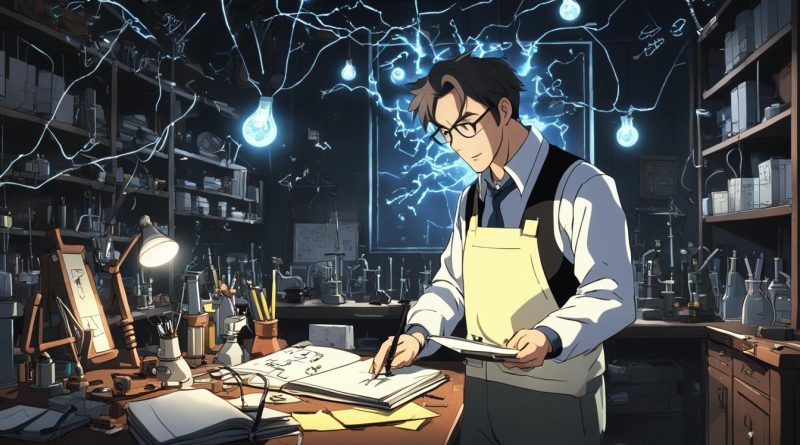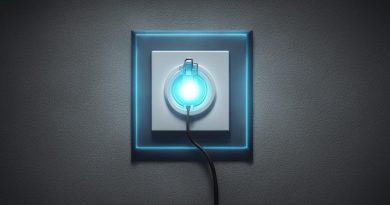Discovery of Electricity: Who Invented It?
The discovery of electricity revolutionized the world as we know it, powering our modern-day amenities, from homes to industries. Understanding the beginnings of electricity is key to appreciating its widespread impact today. This section will delve into the fascinating history of electricity and its origins.
Who invented electricity? The question has puzzled generations, with no clear-cut answer. Electricity has a complex invention history, with various scholars and pioneers making significant contributions. However, it’s undisputed that electricity has its roots in the natural world, with electric charges present in certain materials such as amber and lodestone known as early as 600 BCE.
It wasn’t until more than two millennia later that electricity’s practical application began to emerge. With innovative minds at work, a new era of electrical revolution kicked off, marking a significant turning point in human history.
Key Takeaways
- The discovery of electricity has a complex invention history, with various contributors making significant contributions.
- Electricity’s practical application only began to emerge in the late 18th century with pioneering experiments by individuals like Benjamin Franklin and Joseph Priestley.
- Thomas Edison’s inventions revolutionized various industries, leading to the widespread adoption of electric power in the early 20th century.
- The origin of electric power lies in the natural world, with electric charges present in certain materials, as discovered in 600 BCE.
Pioneers of Electricity: Benjamin Franklin and Nikola Tesla
Two pioneers who played an indispensable role in discovering electricity were Benjamin Franklin and Nikola Tesla. Franklin, a politician, scientist and inventor from Philadelphia, conducted several studies and experiments on electricity, including his famous kite experiment, which demonstrated that lightning is an electrical discharge.
The Serbian-American inventor, Tesla, contributed significantly to the understanding of alternating current (AC) electrical systems. He invented the Tesla coil, a device that produces high-voltage, low-current, and high-frequency alternating-current electricity. This invention was instrumental in the development of radio communications, neon lighting, and other electrical systems.
Franklin and Tesla’s inventions and discoveries were groundbreaking and paved the way for the electrical revolution that dominated the 19th and 20th centuries.

Thomas Edison and the Practical Application of Electricity
Thomas Edison was a significant figure in the electrical revolution, renowned for his numerous inventions that transformed the world. He is widely credited with the practical application of electricity, which brought a new era of power into various industries, including transportation, communication, and lighting.
One of Edison’s most notable contributions to the electrical revolution was the development of the electric light bulb. He experimented with numerous materials to create a filament that would last long enough to make the light bulb practical for everyday use. After many attempts, he finally found the ideal filament – carbonized bamboo – which was durable and economical.
Edison’s invention of the electric power distribution system also revolutionized the way electricity was distributed. He created a system of generators, transformers, and transmission lines that allowed electricity to be transported across long distances, making it accessible to all. This invention led to the widespread adoption of electric power for homes and businesses, further spurring the electrical revolution.
Moreover, Edison’s work on the direct current (DC) power system laid the groundwork for modern electric power systems. Although the DC system was eventually overshadowed by the more efficient alternating current (AC) system pioneered by Nikola Tesla, Edison’s contributions to the development of electric power remain significant.
In conclusion, Thomas Edison’s numerous inventions and contributions to the practical application of electricity played a crucial role in the electrical revolution. His work enabled the widespread use of electric power, transforming various industries and changing the world forever.
FAQ
Who is credited with inventing electricity?
Electricity cannot be attributed to a single individual as it is a discovery that has evolved over time. However, there were several key figures who made significant contributions to the understanding and practical application of electricity.
What is the history behind the invention of electricity?
The history of the invention of electricity dates back thousands of years, with ancient civilizations observing and harnessing static electricity. However, it was not until the 18th century that major breakthroughs occurred, leading to the development of modern electrical theories.
Who were the pioneers of electricity?
Two notable pioneers of electricity were Benjamin Franklin and Nikola Tesla. Franklin’s experiments with lightning and his invention of the lightning rod laid the foundation for understanding electricity. Tesla, on the other hand, revolutionized the field with his discoveries in AC (alternating current) electrical systems.
What were Benjamin Franklin’s contributions to the discovery of electricity?
Benjamin Franklin conducted experiments with lightning and famously flew a kite in a thunderstorm to demonstrate the connection between lightning and electricity. His discoveries, such as the identification of positive and negative charges, laid the groundwork for future research in the field.
How did Nikola Tesla contribute to the development of electricity?
Nikola Tesla was a pioneer in AC (alternating current) electrical systems, which are widely used today. He developed the induction motor and transformer, making it possible to transmit electricity over long distances efficiently. Tesla’s inventions played a crucial role in the electrical revolution.
What role did Thomas Edison play in the practical application of electricity?
Thomas Edison was instrumental in the practical application of electricity. He is credited with inventing the incandescent light bulb, phonograph, and the first practical electrical power system. Edison’s inventions transformed various industries and paved the way for the widespread adoption of electric power.




